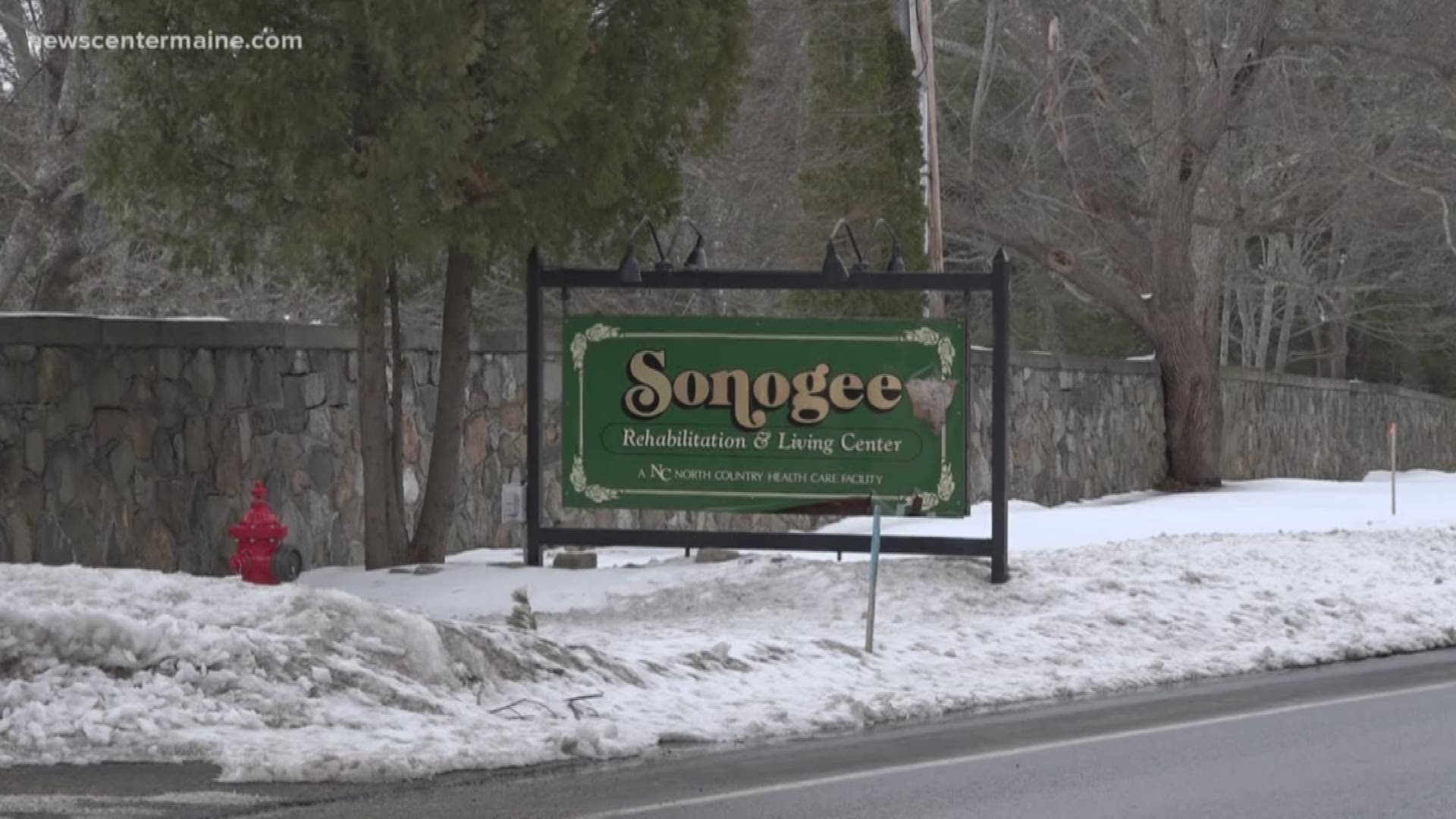PORTLAND, Maine — More than a dozen nursing homes have shuttered in Maine in past five years, and leaders representing them in the aging state plan to meet next week with the administration of Gov. Janet Mills to push for $1 million in held-up funding.
Maine currently has 94 nursing homes, down from 102 in 2017, according to a Department of Health and Human Services spokeswoman.
The challenges facing nursing homes nationwide are particularly pressing in Maine, said Rick Erb, president of the Maine Health Care Association, a group representing nursing homes that's set to meet with the health agency next week.
The largely rural state, he noted, has the nation's oldest median age, an above-average number of older citizens and a relatively small young adult population.
By 2036, over a quarter of the residents in every Maine county will be 65 or older, according to state data.
"If nursing homes can't hire permanent employees, they use agency staffing," Erb said. "That's very expensive."
States everywhere are grappling with similar closures, financial problems and workforce shortages that are challenging rural areas in particular.
Massachusetts, for instance, is weighing rate increases for nursing homes at a time when advocates say nearly 30 have closed recently, with more possibly on the way, leaving residents and families in search of care.
In Maine, 5,912 out of Maine's 6,548 licensed nursing home beds were occupied as of March 15, down from 6,104 of 6,834 beds occupied two years earlier. Some nursing home beds have been repurposed as residential care facility beds, according to health department spokeswoman Jackie Farwell, who said 13 nursing homes have closed since 2014.
Nursing homes in Maine have received annual cost-of-living increases since 2014, according to Erb.
But such payments haven't kept up with minimum wage increases, he said.
Voters in 2016 approved increasing the minimum wage to $9 in 2017, $10 an hour in 2018 and $11 this year. The minimum wage will jump to $12 in 2020 and then increase according to a formula.
Lawmakers approved $5.5 million in additional, one-time general funds for nursing homes in 2018, over the veto of Republican Paul LePage, the governor at the time. LePage, who unsuccessfully tried to roll back minimum wage increases, called the legislation a "short-term fix."
The budget this year of new governor Mills, a Democrat, included $8.5 million to extend such funding.
Still, Jonesport Selectman William Milliken said lawmakers have been too slow to act. His community lost its nursing home in 2018 in a sudden closure that surprised many residents and led to the loss of 30 jobs.
"The impact is that their loved one is now at least a half hour away, further away than they were before," Milliken said. "The impact for that patient is they're not seeing familiar faces every day."
Nursing homes are struggling to find workers as retail jobs offer similar wages, Milliken said. "The state has dropped the ball," he said.
Maine lawmakers this year passed an additional $1 million in funding for nursing homes, but Mills held up the bill over concerns that it would exceed a federal limit on payments to providers and jeopardize several millions of dollars of federal funding.
Republicans and the Maine Health Care Association question that decision. Lawmakers in the last hours of the legislative session weighed a fiscal note for the amended bill that originally said the Department of Health and Human Services could limit nursing home payments to below the federal limits.
But the agency this week said the issue is unclear.
"As adjustments were made to the bill in the waning hours of the session and without adequate time for assessment by the department, is it not clear that the department can adjust reimbursements out of line with what the Legislature has directed," Farwell said.
The Legislature could weigh such funding in January as Mills' administration reviews the funding situation with a consultant.
"We believe there is a path forward," said Health and Human Services Commissioner Jeanne Lambrew. "We just need to sit down, work it through and make sure it is consistent with federal law, as well as state direction."
Her department has also launched an advisory group set to meet next week to discuss long-term services for older Mainers in homes and communities. The group's report is due this fall.

